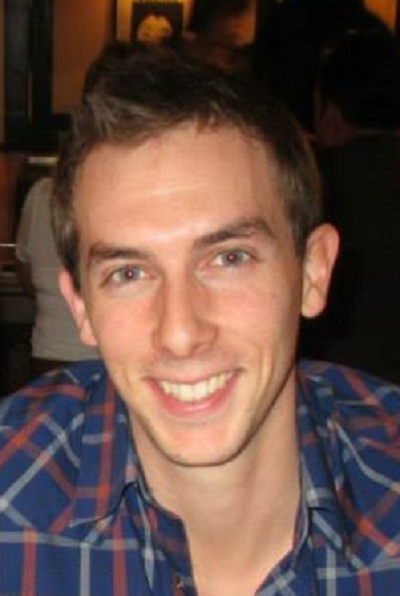Kyle Dwyer

Evaluation Analyst, Innovation, Science, and Economic Development
Education
M.Sc. in Health: Science, Technology & Policy – 2016
B.Sc. in Food Science & Nutrition – 2013
B.Sc. in Biology – 2009
Employment
Innovation, Science, and Economic Development (ISED)
Evaluation Analyst – 2019
Health Canada
Policy Analyst – 2016
A typical day at work looks like…
I work at Innovation, Science and Economic Development Canada (ISED), which focuses on building a competitive and knowledge-based Canadian economy. As an Evaluation Analyst, my role is to help evaluate the effectiveness and efficiency of an ISED program or policy, and determine how it can be improved.
To dive a little deeper, an evaluation generally consists of 3 phases: planning, conduct, and reporting. During the planning phase, we determine the questions and data needed to measure the program or policy’s outcomes. In the conduct phase, we analyze qualitative and quantitative data obtained through document and literature reviews, interviews with stakeholders, and financial data. After analyzing all of the data, we develop a final evaluation report, which includes our recommendations on how to improve the effectiveness and efficiency of the program or policy.
One aspect of my role that I enjoy is the ability to learn about a variety of innovative topics. One week I could be learning about the growth of stem cell research in Canada, and then next week our team could be conducting interviews to understand how federal funding has supported research infrastructure in universities and research hospitals across Canada.
My future goals are…
My short-term goals are to improve my French speaking skills and my technical skills, for example, learning tableau for data visualization. My long-term goal is to continue to develop my performance measurement and evaluation skills, and become a Senior Evaluation Analyst or consultant.
My degree has helped me get to where I am today by…
As someone who entered the Food Science program already having a B.Sc. in Biology, I really enjoyed learning how these basic sciences (i.e. biology/chemistry) had real world applications (e.g. food microbiology/packaging). Additionally, coming from a pure science background I found it very valuable to take micro- and macro-economics, food quality control and food regulations, as these courses opened my eyes to the business and policy aspect of food science.
My interest in science, business, and policy eventually led me to the M.Sc. in Health: Science, Technology and Policy (HSTP) program at Carleton. After graduating, I accepted my first role in government, as a policy analyst in the Food Directorate at Health Canada (HC). I have since moved on to evaluation work at ISED.
Although I currently do no work in a food science-related field, many of the skills I developed from the Food Science program (e.g. critical thinking, analyzing, reporting) have helped me become a better evaluator.
My advice for current students is…
If possible, get to know the students in the program who are a year ahead of you, this is a great way to learn how to network. From my experience, networking will always been a valuable skill to have no matter where you work.
If you are considering working for the government, I recommend applying to the Federal Student Work Experience Program (FSWEP). FSWEP is a great opportunity for you to get your foot in the door and see if the public service is right for you.